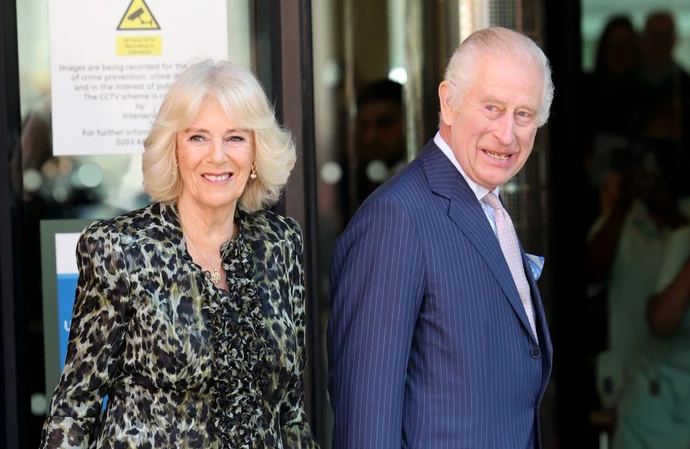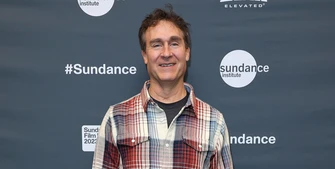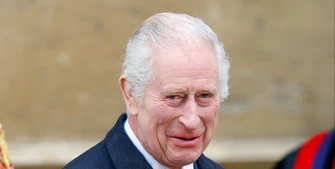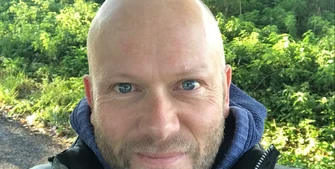King Charles visits cancer center in London
King Charles has visited the Macmillan Cancer Center at University College Hospital in London.

King Charles has resumed public-facing duties for the first time since his cancer diagnosis.
The 75-year-old monarch was diagnosed with cancer earlier this year, but he and his wife, Queen Camilla, visited a specialist cancer center in London on Tuesday (04.30.24).
Charles and Camilla, 76, both smiled and waved as they arrived at the Macmillan Cancer Center at University College Hospital, where they were warmly welcomed by patients and staff.
The King - who is continuing his cancer treatment - paid tribute to the staff at the center.
The monarch hopes that the visit will also raise awareness of the importance of early cancer diagnosis.
Charles has been named as a patron of Cancer Research UK, and during his visit, he met with Professor Charlie Swanton, the charity's chief clinician.
In February, Buckingham Palace announced that Charles had been diagnosed with cancer.
At the time, it was revealed that the monarch felt "positive" about his treatment and that he was keen to return to public duties as soon as possible.
The statement read: "During The King’s recent hospital procedure for benign prostate enlargement, a separate issue of concern was noted. Subsequent diagnostic tests have identified a form of cancer.
"His Majesty has today commenced a schedule of regular treatments, during which time he has been advised by doctors to postpone public-facing duties. Throughout this period, His Majesty will continue to undertake State business and official paperwork as usual.
"The King is grateful to his medical team for their swift intervention, which was made possible thanks to his recent hospital procedure.
"He remains wholly positive about his treatment and looks forward to returning to full public duty as soon as possible.
"His Majesty has chosen to share his diagnosis to prevent speculation and in the hope it may assist public understanding for all those around the world who are affected by cancer."















